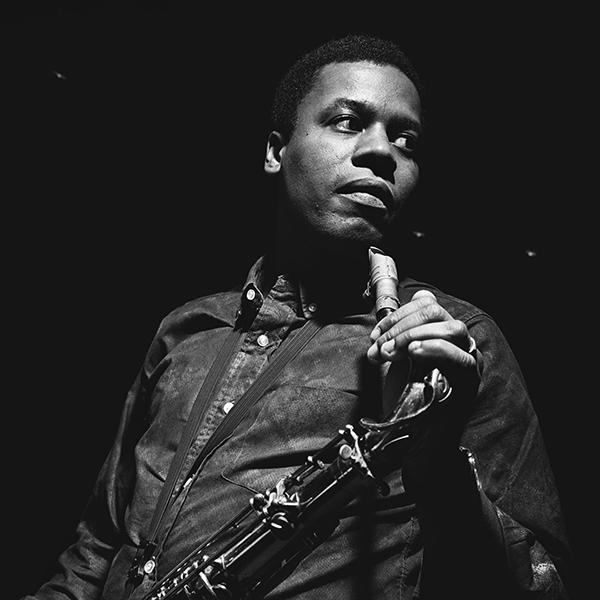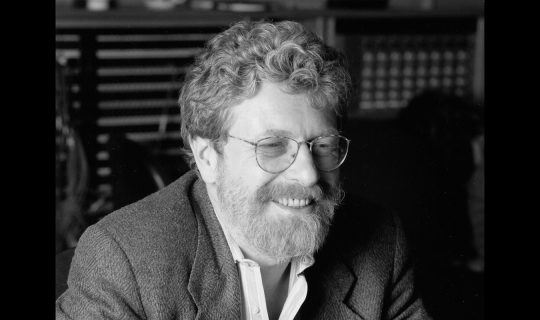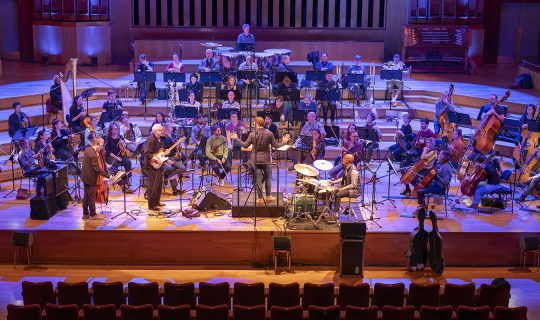June 7, 2013
In a conversation at the Melbourne, Australia jazz festival in 2005, I asked Wayne Shorter, who was appearing there with his stellar quartet, if it bothered him that when he first started making solo albums in the early ‘60s that jazz was not a big seller. He replied, “It’s just like what Art Blakey used to say: ‘You can make a billion dollars on Wrigley’s spearmint gum, but you can’t make money on jazz’—and, I would add, on any kind of music that’s truly creative. If something makes a lot of money, it doesn’t make it cool. People worry about missing out on that pot of gold. But what they’re really missing out is their creative process. It’s about evolving.”
Evolution is the operative word when looking back at Wayne’s Blue Note debut, Night Dreamer, recorded in the Rudy Van Gelder Studio on April 29, 1964 and released later that year. While Wayne had already recorded three albums for Vee-Jay Records as a solo artist (1959’s Introducing Wayne Shorter, 1960’s Second Genesis and 1962’s Wayning Moments), the tenor saxophonist and composer ascended to a new level of artistic maturity when he was signed by Blue Note, telling original liner note writer Nat Hentoff that for his first album he wanted “to say something substantial!”
Substantial indeed as Wayne begins his exceptional enlightenment journey to substitute compositional complexity and a flurry of chords for the essence of song simplicity, heartfelt saxophone expression and a sanguine outlook that the title, Night Dreamer, points to with its suggestion of earthly darkness and otherworldly luminosity. Along for the ride is trumpeter Lee Morgan, another Jazz Messengers alum and future Blue Note hit maker; pianist McCoy Tyner and drummer Elvin Jones moonlighting from their John Coltrane classic quartet; and bassist Reggie Workman, another Coltrane alum pre-Jimmy Garrison.
Night Dreamer comprises a six-pack of Shorter compositions beginning with the title track, where the tenor blows with urgent brio over Elvin’s ¾ time drum drive. Arranged from an old Chinese tune, “Oriental Folk Song” features Shorter and Morgan sketching the theme before the improvisations swing into action, and Shorter offers lyrical melancholy on “Virgo” (his astrological sign). The buoyant “Black Nile” has a flow akin to a river with plenty of splashes from Elvin’s drums bash, “Charcoal Blues” grooves as a smooth, bluesy swinger, and the pensive end piece “Armageddon” catches a groove that the rhythm team pushes ahead with McCoy’s sparkling runs, Elvin’s muscular and tumbling drums, and Reggie’s solid pulse. It makes for a dramatic close to an arresting album.
Returning to that chat in Melbourne, when asked what he saw as the role of the artist, Wayne sagely replied, “Being the lone voice in the wind. To be on a mission and not be afraid.” On Night Dreamer, with its optimistic outlook despite the minor keys that pervade the compositions, the intrepid tenor was just beginning to lift off. A few months later he joined the magical express ride of the Miles Davis Quintet within which he was compositionally instrumental in its quicksilver evolution. At the same time, he was continuing his own assured journey with Blue Note (eleven albums in his six-year run with the label), a rich period of fearless exploration that nearly a half century later in his return to the label continues to abound with soaring beauty.







